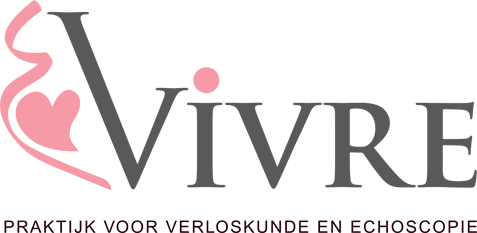Heel prick / Hearing screening
heel prick
In the first week after birth, some blood is taken from the heel of your newborn child. This blood sample is taken during a home visit by a nurse from Youth Health Care (JGZ), who is affiliated with the health clinic. This blood is examined in a laboratory for a number of rare diseases. Timely detection and treatment of these diseases prevents or limits serious damage to the physical and mental development of your child. Most diseases cannot be cured but can be treated with, for example, medicines or a diet. This investigation is in the interest of the health of the child.
Participation in the heel prick is voluntary, so your permission will be requested for the execution of the heel prick. There are no costs associated with the heel prick.
If you have NOT received a message within 4 weeks after the heel prick, the result is good. So no news is good news!
For more information about the heel prick and the diseases it screens for check out the website of the RIVM or the folder 'Newborn screenings†
Hearing screening
The heel prick is usually performed in combination with a screening of your child's hearing. Because good hearing is important for the development of the baby, timely detection of any hearing abnormalities is necessary, so that any treatment can start in time. Good hearing is important for the development of language and learning to speak well
During the hearing test, your child will be given a small, soft plug in the ear. Both ears are tested separately. The hearing test does not hurt and only takes a few minutes. You will immediately receive a result.
This screening is also free of charge for you and participation is not mandatory.
For more information about the hearing screening check out the website of the RIVM or the folder 'Newborn screenings†
In the first week after birth, some blood is taken from the heel of your newborn child. This blood sample is taken during a home visit by a nurse from Youth Health Care (JGZ), who is affiliated with the health clinic. This blood is examined in a laboratory for a number of rare diseases. Timely detection and treatment of these diseases prevents or limits serious damage to the physical and mental development of your child. Most diseases cannot be cured but can be treated with, for example, medicines or a diet. This investigation is in the interest of the health of the child.
Participation in the heel prick is voluntary, so your permission will be requested for the execution of the heel prick. There are no costs associated with the heel prick.
If you have NOT received a message within 4 weeks after the heel prick, the result is good. So no news is good news!
For more information about the heel prick and the diseases it screens for check out the website of the RIVM or the folder 'Newborn screenings†
Hearing screening
The heel prick is usually performed in combination with a screening of your child's hearing. Because good hearing is important for the development of the baby, timely detection of any hearing abnormalities is necessary, so that any treatment can start in time. Good hearing is important for the development of language and learning to speak well
During the hearing test, your child will be given a small, soft plug in the ear. Both ears are tested separately. The hearing test does not hurt and only takes a few minutes. You will immediately receive a result.
This screening is also free of charge for you and participation is not mandatory.
For more information about the hearing screening check out the website of the RIVM or the folder 'Newborn screenings†

BIG registered &

Midwifery Practice Vivre
Valkenswaard: Emmalaan 13
Aalst: Raadhuisstraat 6B
Waalre: Sportlaan 2
Dozing off: Stokerwei 8a
©
Midwifery Practice Vivre - Gelukkig online met een site
of shop
van webdesign bureau GraagGoedOnline.nl



